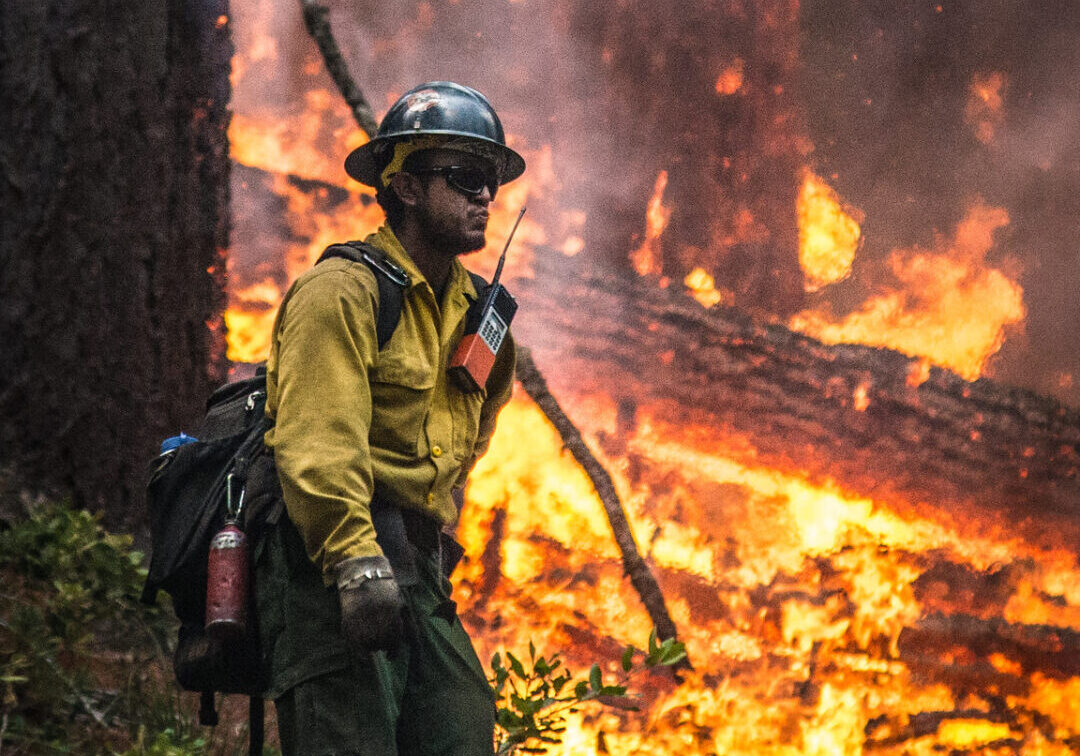Montana’s Sheehy Joins Western Lawmakers in Push for Major Forest Management Overhaul
Bipartisan bill follows Trump-backed emergency order as wildfire threats and forest health concerns escalate across the West

By Staff Writer
Apr 14, 2025
WASHINGTON, D.C. — U.S. Senator Tim Sheehy (R–Mont.) joined a bipartisan group of Western senators last Monday to introduce the Fix Our Forests Act, a sweeping proposal aimed at reducing catastrophic wildfire risk and improving the management of America’s forests.
Backed by Senators John Curtis (R–Utah), John Hickenlooper (D–Colo.), and Alex Padilla (D–Calif.), the bill seeks to modernize forest health programs, expand wildfire prevention tools, and create new interagency partnerships to better protect communities and ecosystems.
“Better stewarding our forests is something we can all agree on, regardless of party,” Sheehy said. “This bill supports those on the frontlines, improves management, creates jobs, and helps unleash our resource economy.”
The legislation follows a year of escalating fire danger, with 2024 seeing a 231% increase in acreage burned compared to 2023—rising from 2.7 million to nearly 9 million acres nationwide.
Montana Governor Greg Gianforte praised the bill on social media, calling it “a major step forward in addressing the forest health and wildfire crisis on our public lands.” He thanked Sheehy for his “strong leadership in returning active forest management to our forests.”
The bill’s introduction came shortly after former President Donald Trump issued an emergency order directing federal agencies to expedite forest treatment efforts in wildfire-prone regions, including Montana. Western Montana News previously reported on the order and its potential impact on timber production and wildfire mitigation efforts.
Key provisions of the Fix Our Forests Act include:
- New fire risk reduction programs targeting large, high-priority “firesheds,” with a focus on cross-boundary collaboration.
- Streamlined forest health tools, including simplified processes for hazardous fuels treatments and expanded use of stewardship contracting.
- Support for fire-resilient communities, through a consolidated grant program to retrofit homes and infrastructure in the wildland-urban interface.
- Enhanced research and pilot projects, including expanded support for biochar and wildfire detection technologies.
- A new National Wildfire Intelligence Center to centralize data and improve interagency wildfire response.
- Improved reforestation efforts, including increased seedling production and programs for white oak restoration.
Senator Curtis, who led the bill’s drafting, emphasized urgency. “The longer we wait, the more acres will burn, and more families will be impacted,” he said.
Hickenlooper and Padilla echoed the call for fast, bipartisan action. “We need to act NOW,” Hickenlooper said. Padilla noted that the bill “represents a strong, bipartisan step forward” and highlighted its potential to reduce both emissions and wildfire risk in urban and rural areas alike.
The bill mirrors a House version introduced by Reps. Bruce Westerman (R–Ark.) and Scott Peters (D–Calif.), and will now move to committee for further debate.
Stay in the loop—or help power the reporting
Get stories like this delivered to your inbox—or become a supporter to help keep local news bold and free.
